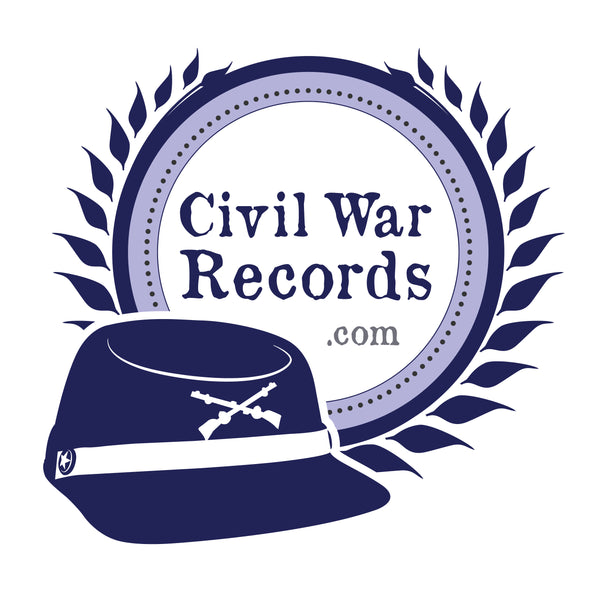FAQ
Don’t see your question answered here? Contact us and we’ll be happy to help.
Do these files name a soldier’s parents?
Sometimes. It wasn’t required to give your parents' names, but parents’ names do show up sometimes—maybe on a death certificate, an enlistment paper signed by a father, or an affidavit.
Keep in mind that any document could potentially have genealogical clues. You may get lucky and find the smoking gun document that names the parents, but you might not. This is where genealogy feels like detective work. The fun comes from following the clues. Who gave that affidavit? Was it a brother, uncle, or neighbor? Did someone mention a birthplace or former residence? A single witness statement can open the door to a brand-new discovery.
Where can I find a photo of my Civil War ancestor?
There’s no central collection of soldier photos. If your ancestor sat for one, it probably stayed in the family or wound up in a local historical society. Sometimes descendants post them on sites like Ancestry.com.
As for pension files, out of thousands we’ve worked with, we’ve seen fewer than 20 that had photos inside. Rare, but when it happens, it’s a gem.
What types of records are at the National Archives about Union soldiers?
There are three main types that we recommend you start with: Pension files, compiled military service records, and carded medical records. You can read more about these here.
How much does this cost?
It depends on what you're looking for. We usually charge a flat rate for most records. All of our rates are less than what you'd pay if you ordered directly from the National Archives, and you’ll also get your files faster and in full color. For example, Civil War pension files are normally $65 compared to $80 or more at the National Archives. You can see the full list of options here.
How will my records be delivered?
We scan everything in full color and send it digitally through WeTransfer. You’ll get an email with a download link, and the files save directly to your computer.
We do not provide paper copies, but you can print anything you’d like once you have the digital files.
How long does it take?
As long as there are no complications, most orders are completed in about three weeks. We do say to please allow six weeks just in case though.
What if no records are found?
It doesn’t happen often since we check the indexes first, but sometimes files are missing or misfiled. If that happens, we’ll refund your payment or let you use it as a credit toward another order.
The only exception is carded medical record searches, which are non-refundable because of the time involved in conducting the search.
Are these records online already?
Only about 10 to 15 percent of Civil War pensions have been digitized, mostly for soldiers who died early in the war or shortly after. If your ancestor lived well past the end of the war, their pension file is almost certainly still only available at the National Archives.
Do you also handle Confederate, Revolutionary War, or War of 1812 pensions?
Confederate pensions are at state archives, so we don't have access to those at the National Archives. Check out this link for help with that.
Revolutionary War pensions are completely digitized on Fold3, so we don't have access to those any longer.
War of 1812 pensions are being digitized. Most are already online, and the rest will be soon. They’ve been pulled from the shelves at the archives, so we can’t access the remaining ones in person.
What kind of records are available for War of 1812 soldiers?
The War of 1812 has its own set of records, including service records, bounty land applications, and pensions. We’ve written up a detailed guide to help you understand them better: Read about War of 1812 records
Can you get records for other wars?
Yes. We can retrieve Indian Wars, Mexican War, and Spanish-American War pensions. For World War I and later, records are kept in St. Louis, which we don’t currently access. Basically, if it's a soldier from the 1800s, we can probably help you out. If it's from the 1700s or 1900s, we probably can't.
What else can you find at the National Archives?
Military files are just one part of the story. Another valuable set are federal land records—homesteads, bounty land, and land purchases. If you find your ancestor in the Bureau of Land Management index, that’s only the beginning. The full file at the National Archives usually has much more, and we can help you get those too!
